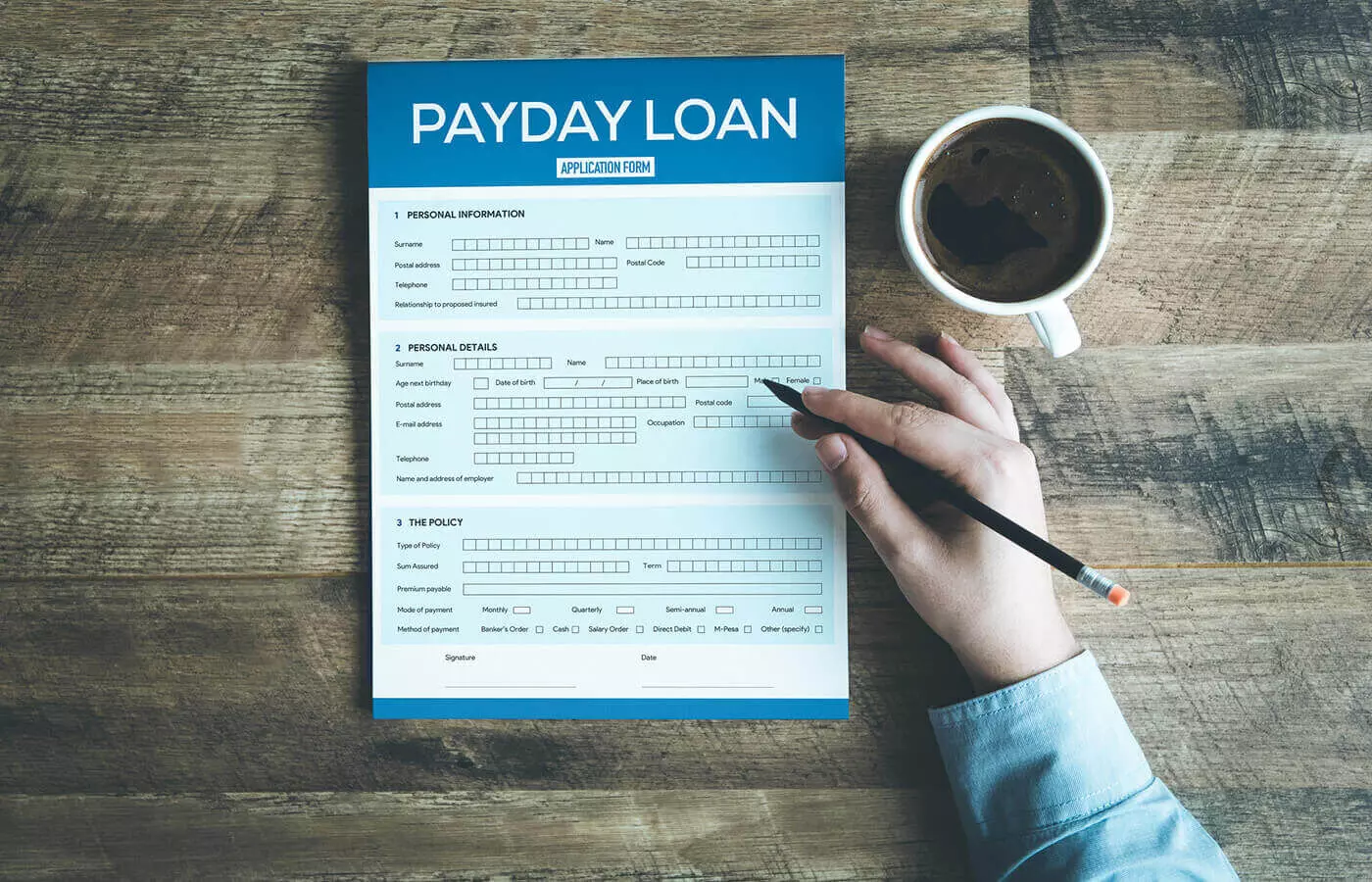A Fresh Look at How Payday Loans Work
image for illustrative purpose

The Basics of Payday Loans
In today's fast-paced financial world, understanding the intricacies of payday loans is crucial. Whether you're considering this option or just looking to deepen your financial knowledge, a payday loan is a short-term, high-interest lending solution designed to bridge the gap until your next paycheck. Payday loans can serve as a lifeline in times of financial urgency, yet they come with their own set of rules and implications that need to be fully understood before diving in.
The Appeal and the Critique
Traditionally, payday loans have been criticised for their high-interest rates and terms that can lead to debt cycles. However, they continue to be popular for providing immediate financial relief in urgent situations. For those who might not qualify for traditional bank loans or who do not have the time to go through a long approval process, payday loans offer a quick and straightforward solution.
How Do Payday Loans Work?
So, how exactly do payday loans work? At their core, payday loans are designed as short-term financial solutions. Borrowers usually write a post-dated cheque for the amount they intend to borrow, plus a fee. This cheque acts as collateral against the loan. Alternatively, borrowers can authorise the lender to electronically withdraw the funds once the loan comes due, which is typically on their next payday.
Comprehending the Cost
The short-term nature of payday loans often means that they come with higher interest rates. Fees can range anywhere from £15 to £30 for every £100 borrowed, depending on the lender and regulations in place. It is essential to read and understand the terms and conditions, including any additional fees that might be charged, such as late fees or rollover fees, if you extend the repayment period.
Understanding the Risks
One of the most significant issues borrowers face is the potential for falling into a debt trap. This happens when borrowers are unable to pay back the loan and feel compelled to take out additional loans to cover the debt, thus creating a cycle of borrowing. To avoid this, it is crucial to plan carefully and ensure that you will have the resources to repay the loan by its due date.
Regulations and Alternatives
In recent years, regulatory bodies have worked to make payday lending more transparent and fair, reducing the maximum cost cap in the UK to protect borrowers from unmanageable debt. This means that lenders must adhere to stricter regulations regarding interest rates and charges, fostering a safer borrowing environment.
Exploring Other Options
When considering a payday loan, always explore all other available options first. This might include longer-term traditional loans, financial advice, or assistance from government programs designed to help those in financial distress. A clear understanding of your personal financial situation is critical before making any decisions.
Conclusion
In conclusion, payday loans can serve as a useful financial tool if used responsibly and wisely. Being informed about how they work, their costs, and the implications of borrowing will allow you to make better financial decisions. Always weigh the pros and cons and ensure that a payday loan is the right solution for your specific financial needs.

